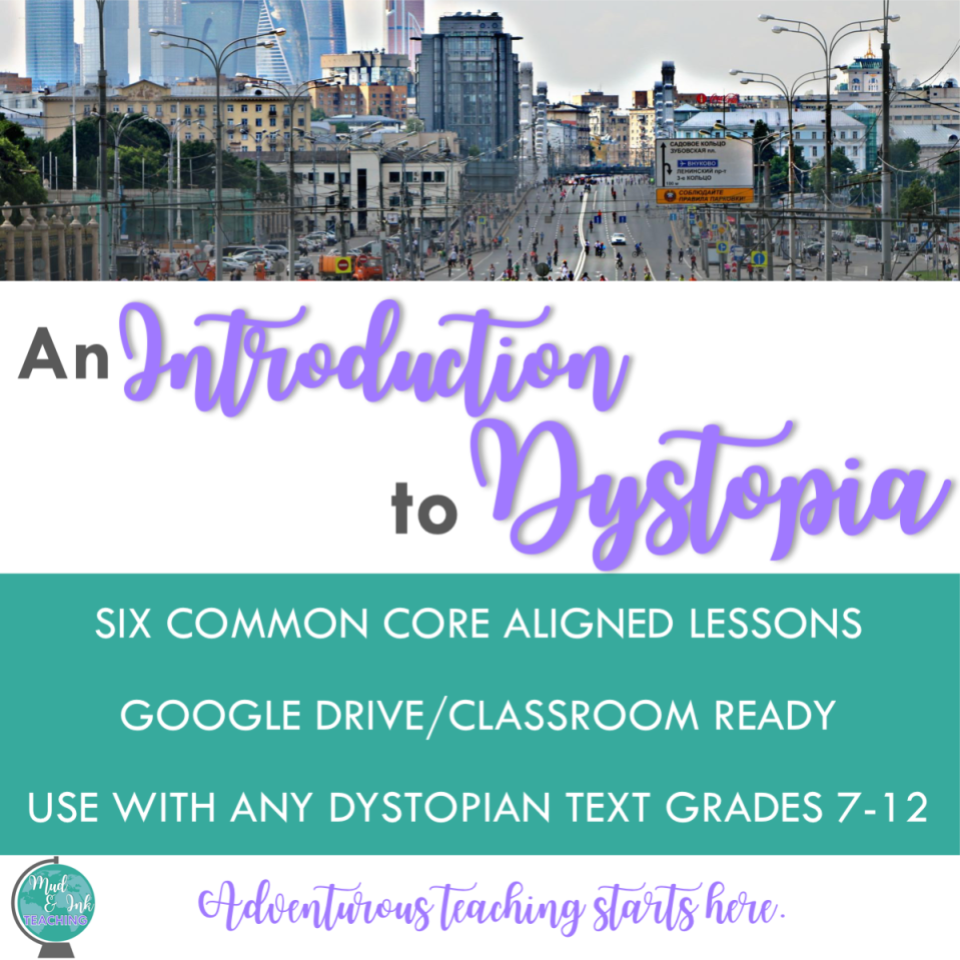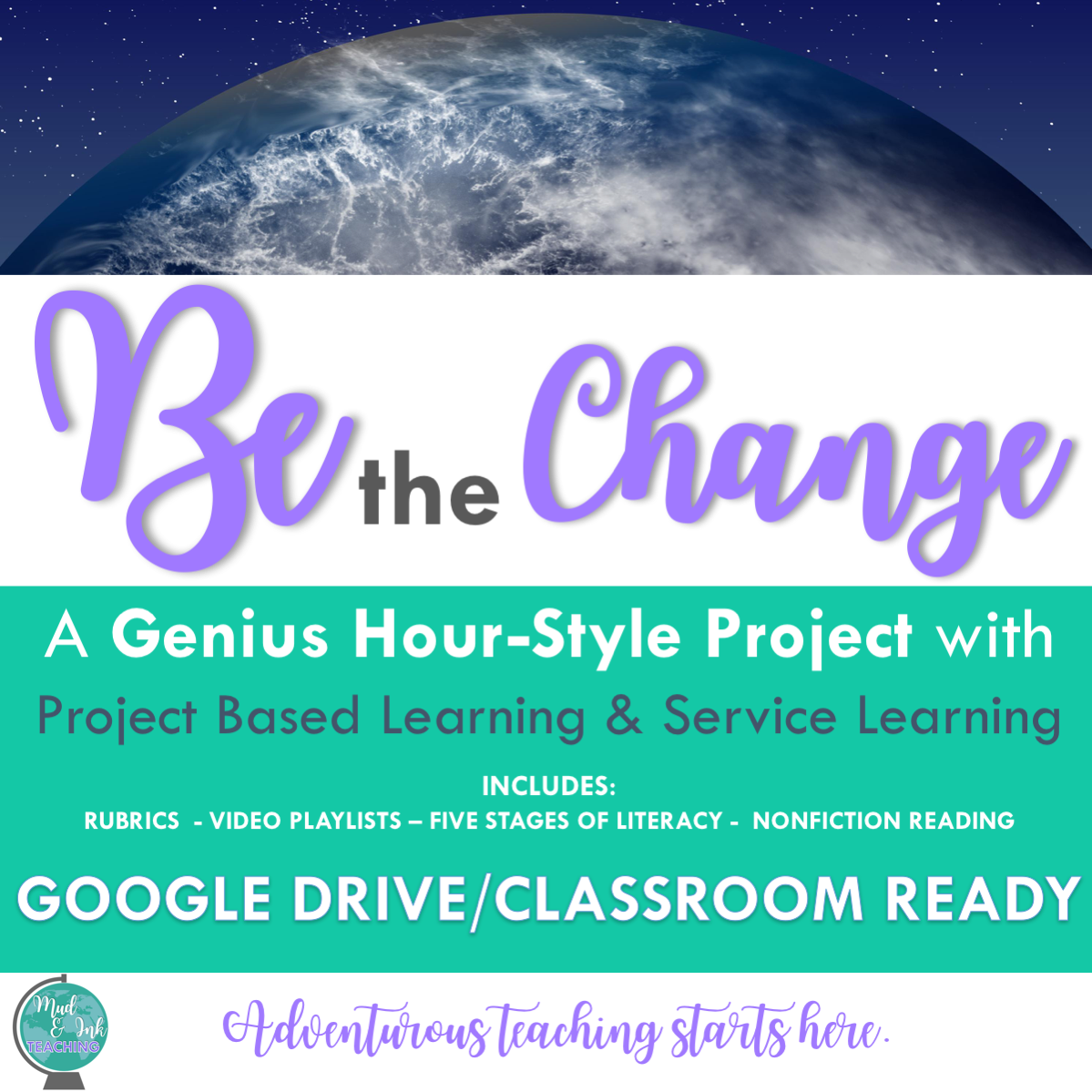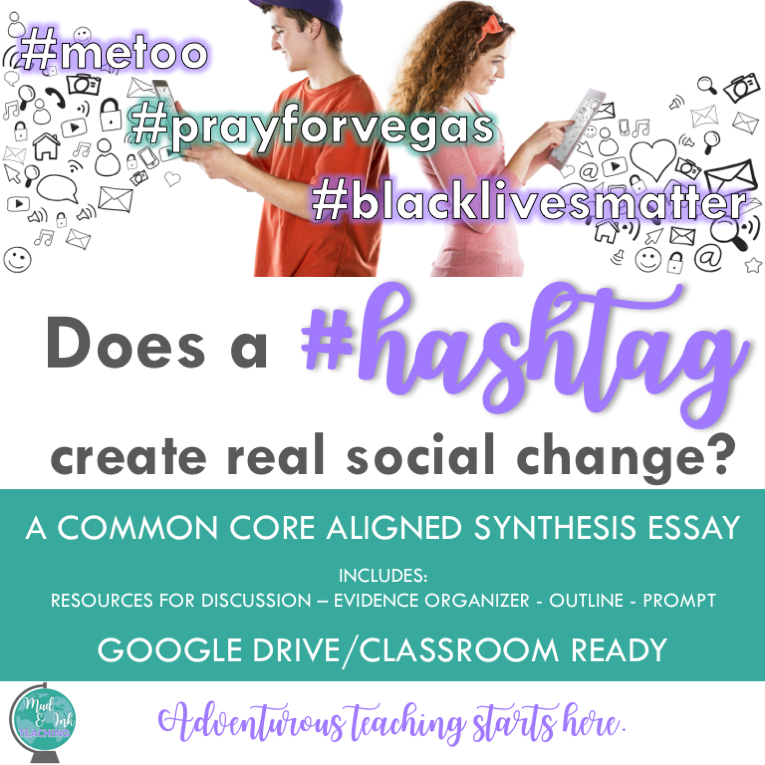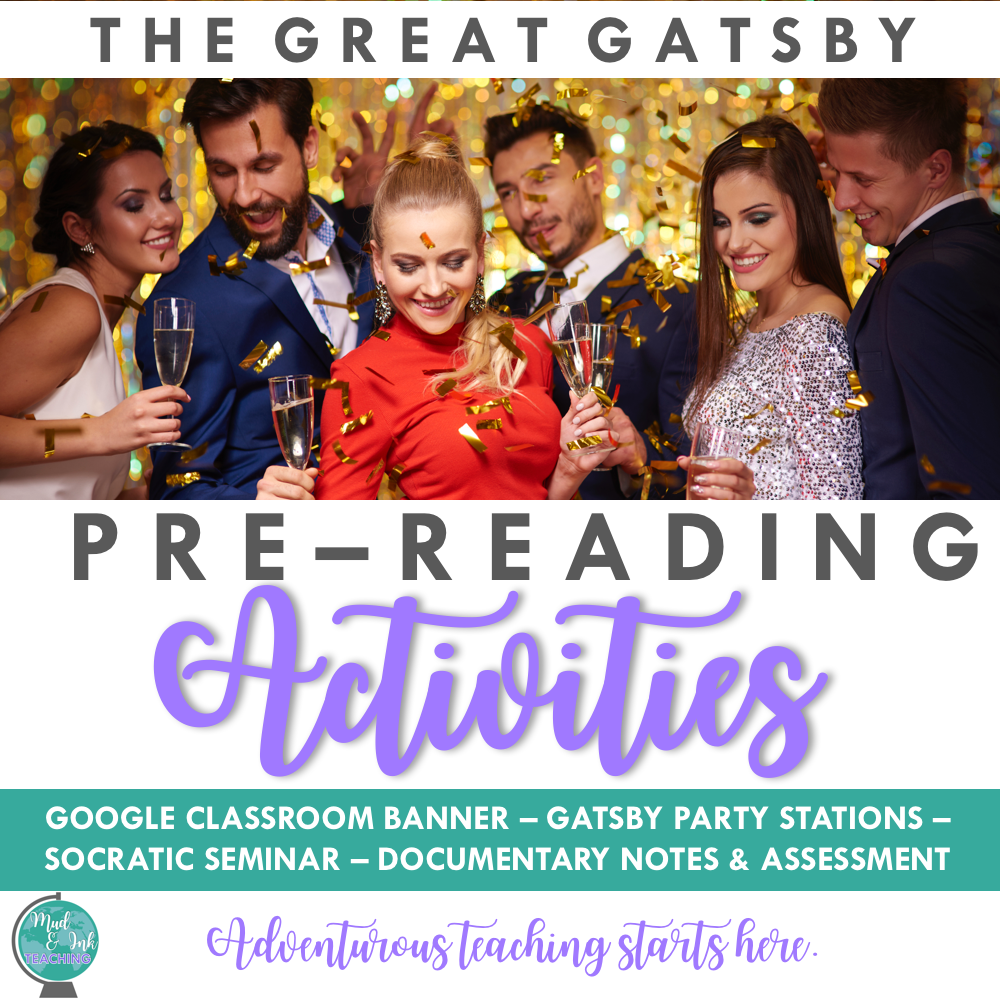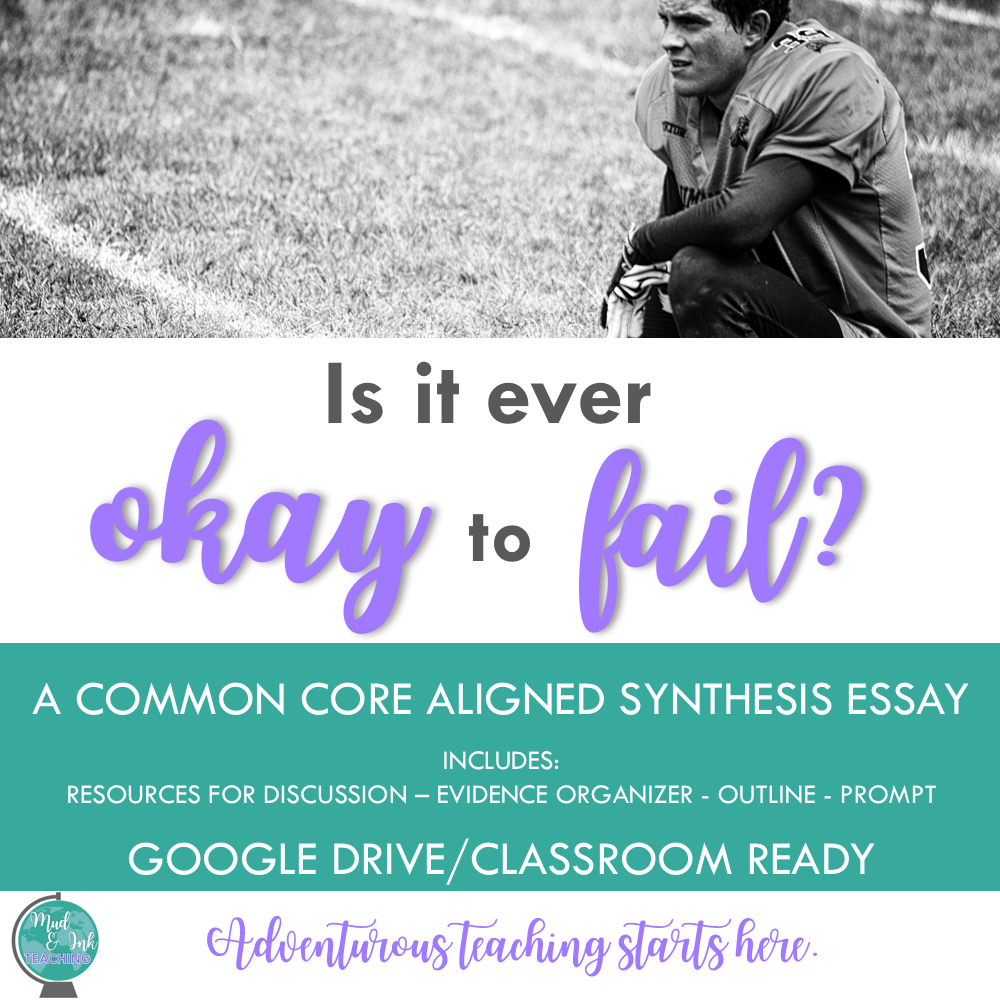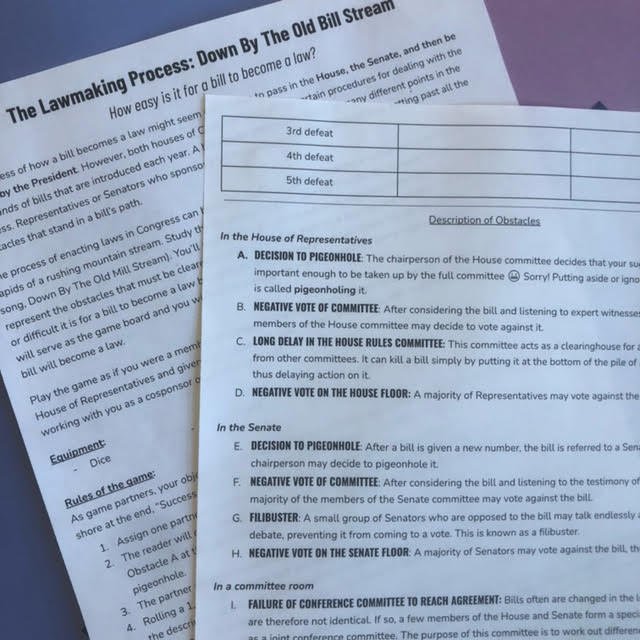
ADVENTUROUS TEACHING STARTS HERE.
3 Habits for Happy, Powerful Teachers
Teachers can have happiness and power over their own lives, but it all starts with creating good habits. These are three habits that changed everything about my teaching career.
Teaching is HARD. These are three habits that helped me ease some of the pressure of the demands of teaching. As with all habits, they take practice and small steps. I hope these help you feel like a boss in the classroom!
HABIT ONE: PLAN YOUR GRADING DAYS
This one took me years to learn, but once it became habit, the stress of grading significantly changed in my life. In backwards planning, we know to start with the assessment and plan our calendar backwards from there. But here’s what I started doing: as soon as I knew what that assessment was going to be, I decided right there exactly how many days I would give myself to GRADE that assessment. I started building my grading days into my plan for the unit. This helped me in so many ways:
Grading wasn’t happening magically whenever I found a free plan period or weekend hour. Grading was happening in a set time frame. Grading “in bulk” was a massive time saver — the more of the same essay I read back to back the easier it was to detect patterns across my classes of struggles and successes, making the subsequent revision lesson that much easier to plan.
Grading wasn’t a panic before the end of a marking period. If I knew that a marking period ended on a Friday, I would have decided that I needed four days for grading. Knowing this, I planned the assessment for the Friday BEFORE the end of the marking period, rather than a closer date. This ensured that I had the days I needed to grade and also accommodated any students that required extended time or were absent.
If you’re looking for more grading tips and advice, I’ve got you covered! I did an entire podcast episode about this and you might just hear a little nugget of wisdom to help you on your journey. Give it a listen below!
HABIT TWO: START EVERY PLANNING MEETING WITH ASSESSMENT
Okay, I promise I know how tempting it is to plan the fun stuff. The intro week, the gateway activity…it’s all so exciting and probably the most engaging part of your unit to come. But it’s time to start a new habit — one you might have to very consciously force yourself to practice: start with the assessment. At every team meeting, every time you sit down to plan, check in with the assessment. Are you making progress toward that assessment? Have you introduced and practiced the rubric with students? Are the lessons you’re planning building the skills needed to perform on that assessment?
This is a big switch. I used to start my planning with impulses. With new ideas I found online. It was energizing at first, but after a while, we were scattered and all over the place with tons of ideas, but no direction. Making the little habit switch to focusing on the assessment is one of the best ways I’ve found to help me with decision fatigue. Was it an awesome idea that I found on Instagram? Sure, but does it help students prepare for the assessment? If the answer was yes, then green light! If not, then it goes in the save pile for another unit.
HABIT THREE: PERFECT YOUR MONDAY ROUTINE
The Sunday Scaries are real. The anxiety, pit-of-your-stomach pain of a Sunday night with no idea what’s coming for Monday absolutely destroys any chance at resting on the day that you actually need REST. Here’s the third and final habit that will change your teaching life: create and stick to a Monday routine.
For me? Monday is all about formative assessment. For the most part, students are almost always finishing an assigned reading for Monday. I like to assign reading in large chunks and include weekend time to get that reading done, so Mondays in my classroom are dedicated to formatively assessing that reading.
There are so many benefits to assessing on a Monday:
Kids are coming off of a weekend which is the most realistic time frame that they have to accomplish reading outside of school.
The energy level is usually pretty low, so forcing a discussion or something interactive is usually pretty hard. Taking a quiz matches their energy level on a Monday.
Attendance is usually better at the start of the week than at the end
Assessment at the start of the week gives me usable instructional information about students to use throughout the week.
All of these are massive benefits to building up the habit of keeping a consistent Monday routine. If Mondays are planned, you are RESTING on the weekend OR using your creative energy for other things. Panicked energy is usually wasted energy, so let’s conserve those sparks of inspiration when you have them to something productive!
I’d love to share more with you about my Monday plans, so when you have a chance, give this episode of the Brave New Teaching Podcast a listen:
If you’ve got your planning down but are still looking for a way to shake up the way you run those formative assessments, take a look at the Brave New Teaching FREE Masterclass: Down with the Reading Quiz! You’ll learn all about my favorite Monday formative: the Sesame Stree Quiz. I promise you’ll never look back!
LET’S GO SHOPPING!
How to Bounce Back from a Lesson Plan Fail with Dani Kennis
I settled on remaking an old game from the ‘80s to show the complexities of how a bill becomes a law. In the game, students roll a dice and try to move their game piece along a ‘stream’ that represents the often troublesome path that a bill often takes when trying to become a law. If a student rolls a 1-4, they continue to the next step in the law-making process. Rolling a 5 or 6 means they are stopped at one of the many obstacles that often prevent a bill from becoming law. Here’s how it went…
This blog post is brought to you by guest writer Dani Kenis of @StuckonEDU. Be sure to read her bio at the end!
When #adventurousteaching takes a wrong turn…
I am both a 12 year teacher and a first year teacher. How is that possible? I’ve been teaching World History my entire teaching career but this year is my first rodeo teaching United States History. It is both humbling and terrifying, to be honest. Teaching with fresh eyes while having the classroom experience of a veteran teacher affords me the unique perspective of feeling confident while simultaneously feeling a sense of content intimidation. The veteran in me is ready to jump in head first, eyes closed when it comes to taking risks and trying activities I wasn’t comfortable trying in my first few years of teaching. The newbie side of me keeps repeating ‘state test, teacher evaluation, graduation requirements.’ 😱 So I’ve found myself in a place where I’m juggling these paradoxical feelings.
In my U.S History class, our most important and challenging unit is The Constitution. The unit is intimidating and complex, plus it makes up a large chunk of our state exam, so I desperately wanted to hook my kids and create an atmosphere of excitement and wonder from the get-go. I settled on remaking an old game from the ‘80s to show the complexities of how a bill becomes a law. In the game, students roll a dice and try to move their game piece along a ‘stream’ that represents the often troublesome path that a bill often takes when trying to become a law. If a student rolls a 1-4, they continue to the next step in the law-making process. Rolling a 5 or 6 means they are stopped at one of the many obstacles that often prevent a bill from becoming law. At that point, students read about the obstacle and start the game over from the beginning while recording their losses on paper. I bought dice and game pieces, reformatted the directions to make it look pretty (I am who I am. I can’t not do this!), and spent time putting students into thoughtful pairs that I hoped would be successful. Despite my attention to detail and the prep work I put in to make this a rich and lively learning experience, the game fell completely flat.
Down By The Old Bill Stream recreated by @StuckOnEDU
Things don’t always work out as planned…
My hope was that I could be fairly hands-off and let my kids intuit the frustration that accompanies the process of how complex the lawmaking process is. But they didn’t get the point of the game like I was hoping they would. They bypassed directions and began rolling the dice, blindly moving their game piece without reading the accompanying information to learn about the many obstacles along the way. Impatient hands flew up every few minutes as they asked questions I had already answered. I wanted them to take a step back and see the big picture but they were caught up in the details… like I had been.
My immediate frustration and disappointment with the lack of impact and excitement the game had led me to stubbornly conclude that I’d never try it again. Following the tried and true 24 hour rule, once I calmed down I began to brainstorm solutions for next time. I questioned whether I should have introduced the process of a bill becoming law before trying the game or having students independently read the directions before I go over them. Next time I might even have students verbally explain the rules to their partners to show that they understand them. Beyond those ideas, I find myself in a place of uncertainty. I’m not sure what I could have done differently to make this a successful experience. What I am sure of, upon further reflection, is that issues that arose are not only mine to confront. Some of the responsibility falls on my students, too.
A full circle moment…
As a special education teacher, one of my strengths is scaffolding material for students. There have been a handful of occasions this year when pandemic-related fatigue sets in and independent critical thinking skills feel almost nonexistent. Maybe part of the problem is that students are still adjusting to post-pandemic schooling where it is challenging to focus and follow multi-step directions. Many of my students offer blank stares when they need to search through physical papers to find an answer rather than simply executing the beloved ‘Ctrl+F’ shortcut that was the MVP of remote learning. The term ‘learning loss’ has always felt offensive and belittling in my opinion. While there might be some learning gaps that have occurred due to the lack of in-person schooling, the past two years were full of progress that simply looks different than it previously had. My students gained independent time management skills, learned how to manage multiple tasks, become strong self-advocates, mastered technology skills, and exponentially thrived with social emotional learning growth. This year, as we attempt to pick up the pieces after two unimaginably difficult pandemic years of education, we must continue to persevere through the moments of stress and confusion. I think there is something to be said for letting students wade through the muck of confusion and uncertainty to reach a point of guided understanding. And as teachers, we need to do the same.
Adventurous teaching takes courage, reflection, and dedication. The failure of one lesson does not foreshadow the fate of every lesson thereafter. After all, failure is really just a first attempt in learning.




MEET OUR GUEST CONTRIBUTOR:
Dani Kennis is a high school Special Education Social Studies teacher and instructional coach in New York. If you are interested in learning more about her content and craft, follow her on Instagram at @StuckOnEDU. You can browse through her available resources here. You can also sign up for a history and/or social emotional learning freebie here.












